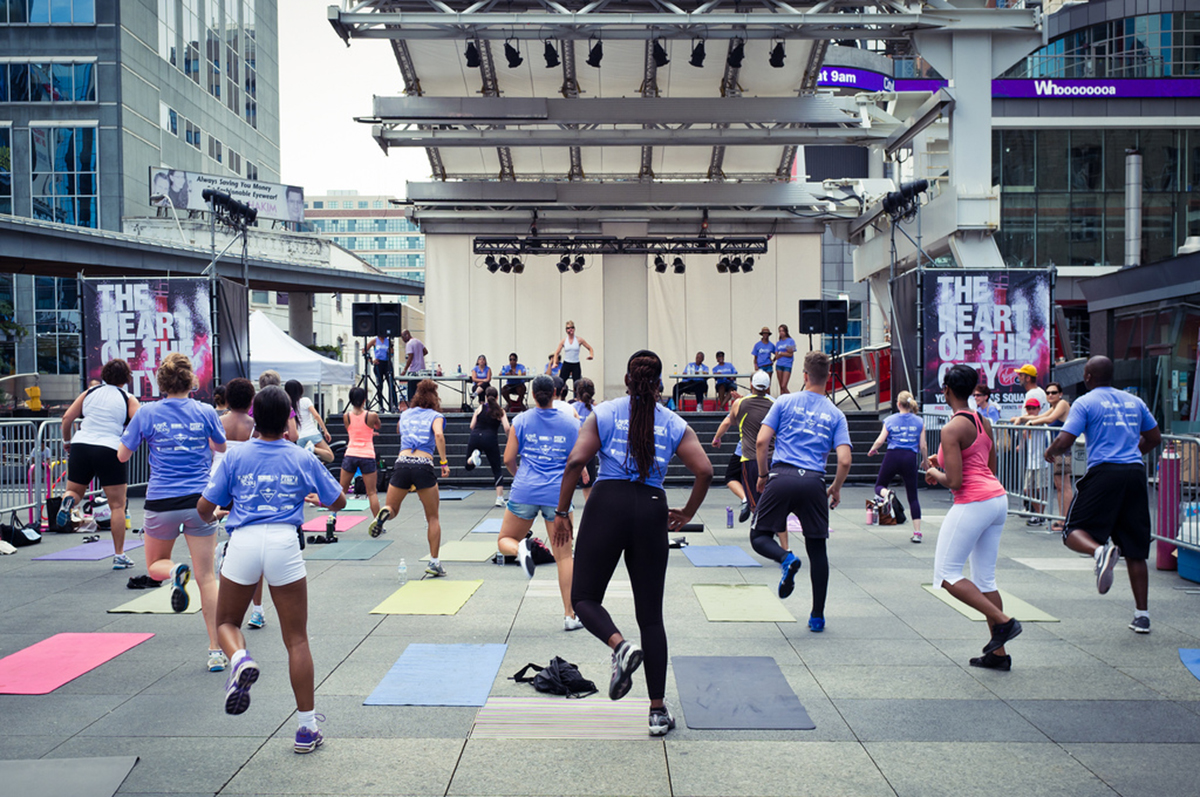Table of Contents
What is blood pressure?
Blood pressure receives a lot of negative press as one of the most common symptoms from an unhealthy lifestyle. But what does the term blood pressure mean? As the heart pumps blood to deliver oxygen to the body it produces a force to enable the blood to travel to the bodies extremities; and in turn that force is diverted to the artery walls. Therefore blood pressure is defined as “the pressure exerted by the blood against the walls of the arteries”. When measuring a persons blood pressure it is expressed as two numbers, one above the other, the top number should be higher than the bottom. For example the average blood pressure is 120/80.

So when do I have hypertension?
Many people can experience fluctuations in their blood pressure reading for different reasons such as time of day, hydration, stress levels, diet or for hormonal reasons. So it is not uncommon for a person to have a high reading as a one off when visiting the doctors surgery. High blood pressure of 160/95 is when doctors will become concerned and possibly diagnose hypertension, but it is important to understand that a one off reading does not mean a problem. Continued readings over a period of time will lead doctors to pursue treatment or investigations which may lead to a diagnosis for hypertension. This diagnosis can be treated in two main ways - medication or exercise coupled usually with a significant change in lifestyle such as diet, smoking or alcohol consumption.
Treating the high blood pressure with exercise
It has become much more widely accepted that mild forms of hypertension can be treated with an aerobic exercise at low intensities. Obviously jumping on a treadmill to do 10k in 40 minutes is not going to help, but gentle walking each day to start with will help with the symptoms.
Read More: Exercise - A High Blood Pressure Remedy?
Therefore after exercise the arteries stay elasticated for up to 24 hours after meaning a persons resting blood pressure will be decreased after exercise. A recent study in the June issue of Clinical Physiology stated that chronic exercise (long term) was a recognized method to reduce blood pressure with 16% of participants showing a decreased risk of chronic heart disease as a result of the exercise program.
- Article1, Leonneke et al 2013, clinical physiology and functional imaging. Hypertension Risk
- Photo courtesy of Benson Kua by Flickr : www.flickr.com/photos/bensonkua/5968057795/
- Photo courtesy of Kenny Holston by Flickr : www.flickr.com/photos/kennyholston/5351129140/
- www.ncbi.nlm.nih.gov/pubmed/23742035
- www.webmd.com


Your thoughts on this